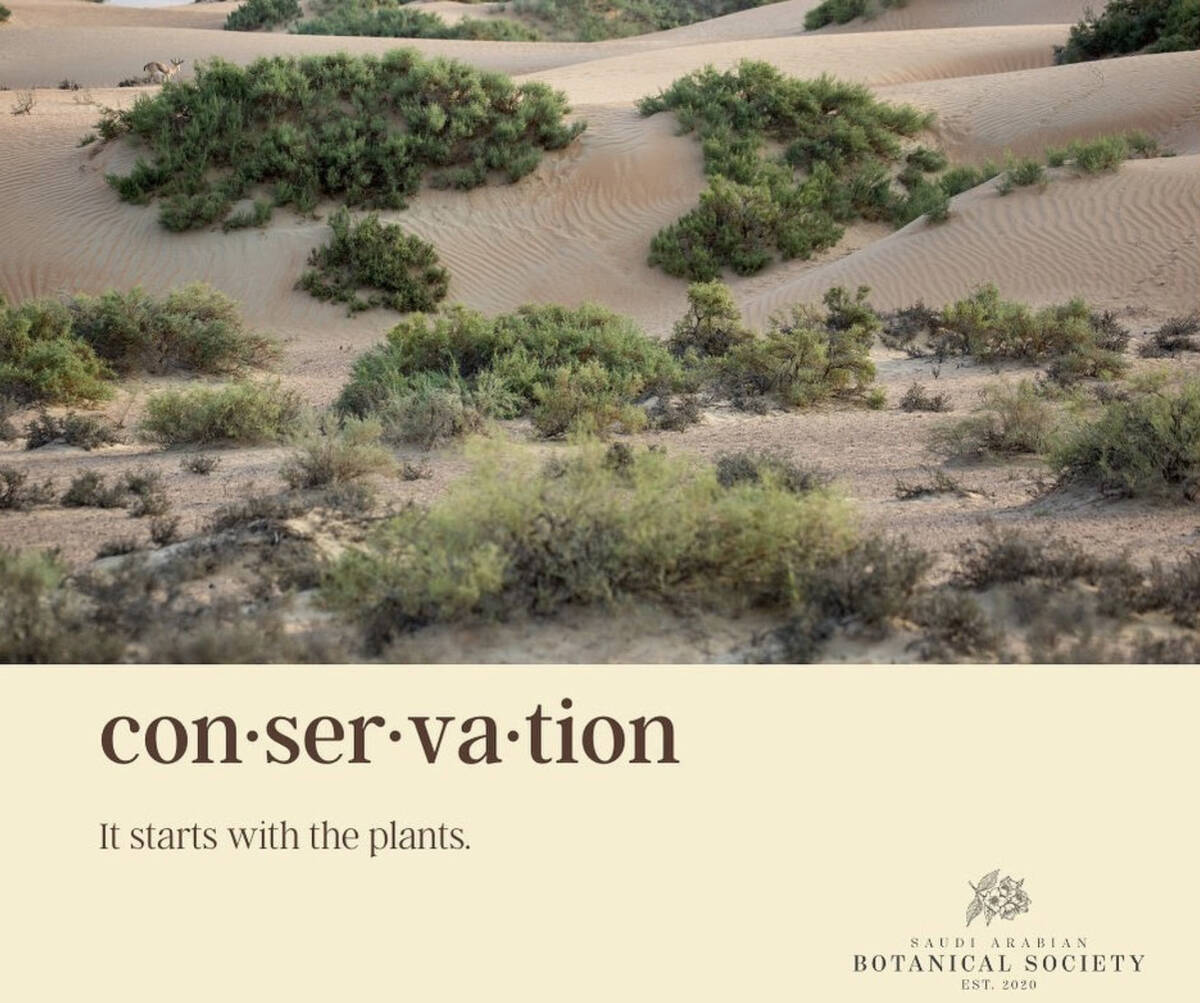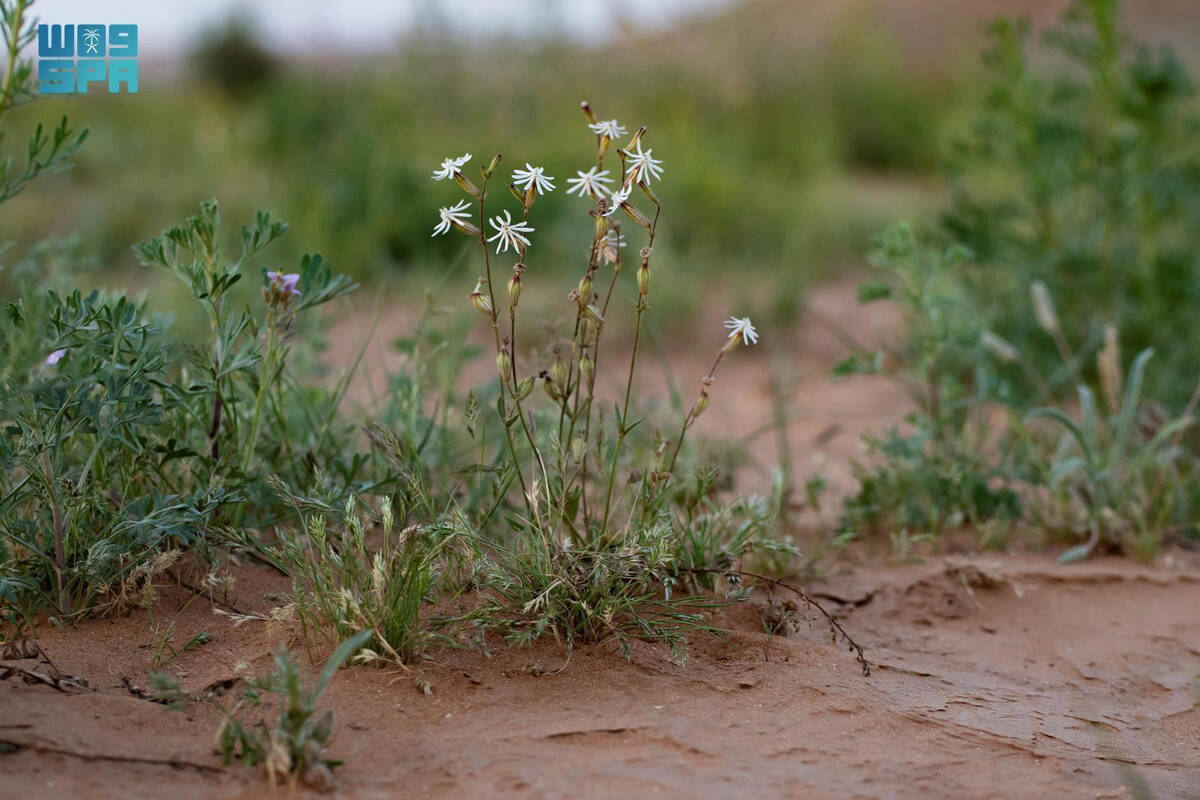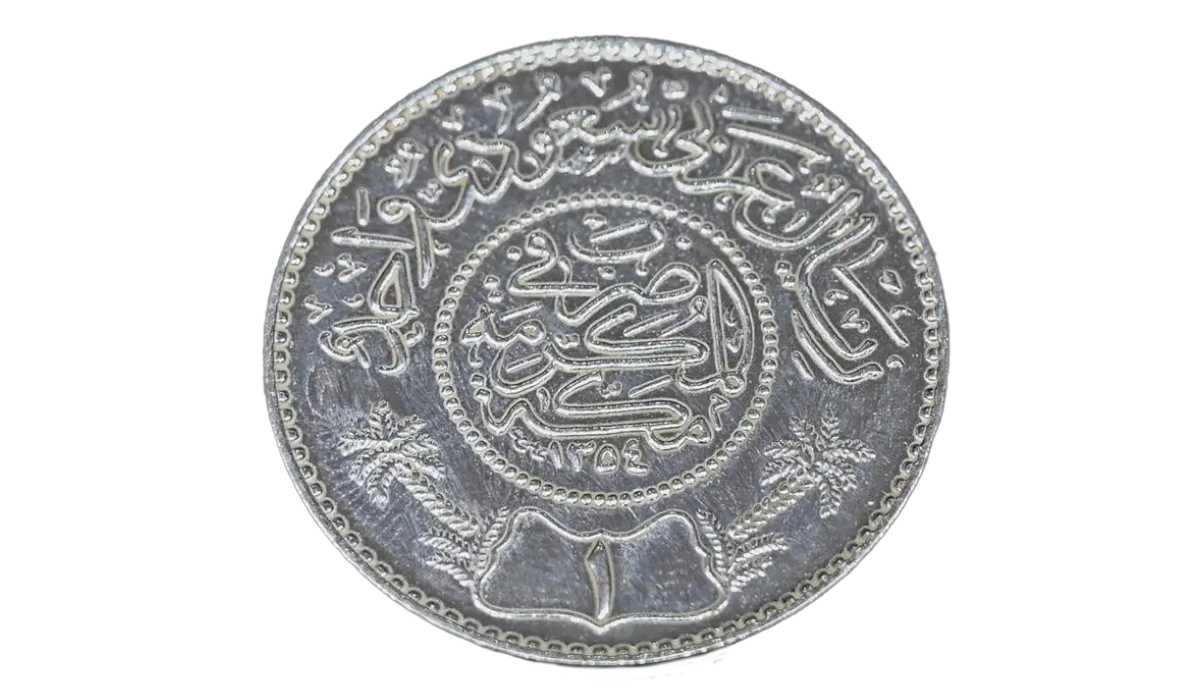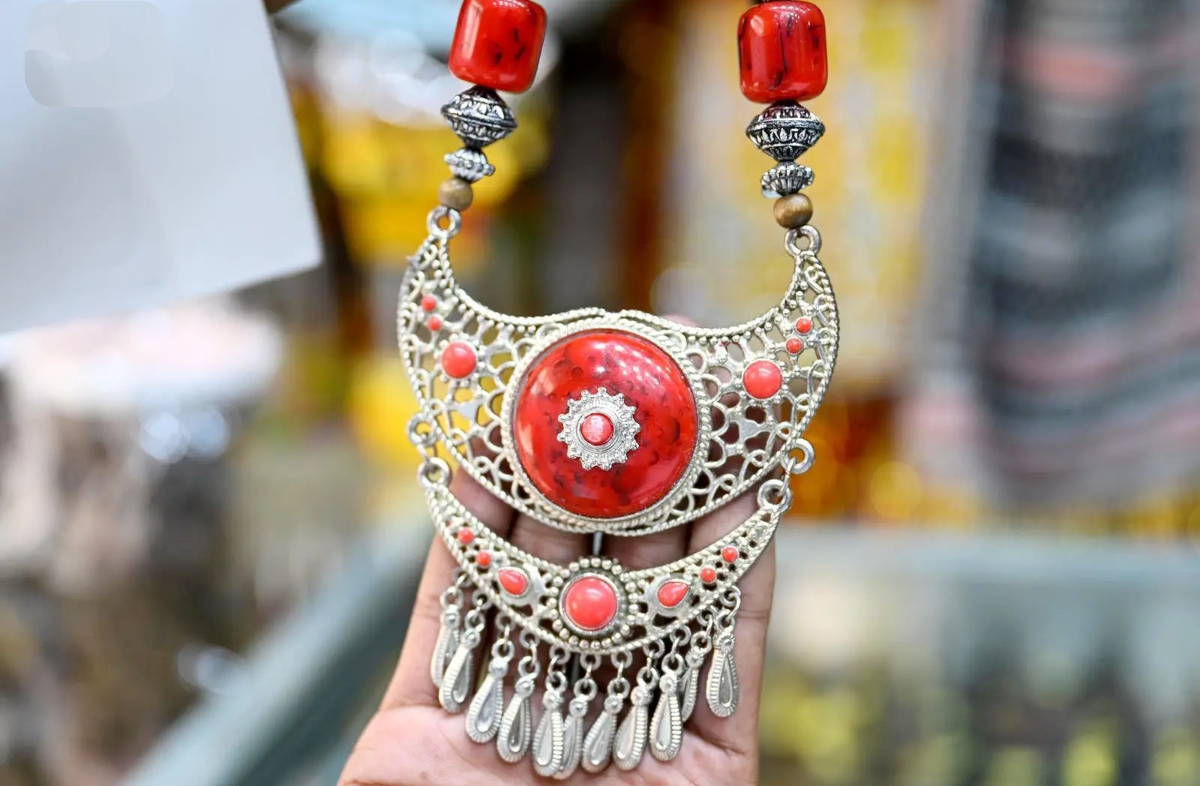RIYADH: The Saudi film industry has much potential for growth, although the formation of an academy or film school is essential to move forward, Swedish film and television director Jonas Grimas said in a public talk in Riyadh recently.
Grimas was speaking at the Faisaliyah Hotel last month when the British Council, in partnership with the General Culture Authority, represented by the Saudi Film Council, held a workshop there.
In an interview with Arab News, Grimas spoke about his background as a successful filmmaker and about the future of filmmaking in the Kingdom, along with his insights about the country during his visit.
Grimas was born in Uppsala, Sweden and studied at the Dramatiska Institute Film School in Stockholm and the Royal College of Art in London. His passion for filmmaking grew out of his work in theater. “It was a natural way of taking story-telling a step further and making it accessible to a larger audience and timeless,” he said.
After graduating, Grimas moved to London where he went on to direct movies, documentaries and short films; he also worked on British crime dramas as well as a string of Swedish productions.
Grimas won a British Academy Award (BAFTA) for his graduation short film “Artisten” in 1988, which he admits was his proudest achievement. “I am proud of everything I made. Getting something done is an achievement in itself. But if I were to single out one film it would be my graduation film for a number of reasons: It won a BAFTA and a string of other international awards, and it is still being screened internationally 30 years later. But first and foremost, because it was made by a large group of friends whose passion and commitment not just made it possible, but made it what it is.”
In 2011, the Stockholm Culture Foundation also named Grimas Cultural Personality of the Year. He believes that his success, and that of any movie, is due to passion and hard work. “Talent is just a starting point, after that it takes hard work and commitment.” He added: “You also need to recognize a good story — which is always a simple one. Finally you need luck — being in the right place at the right time and meeting the right people that share your ideas.” 
Grimas decided to hold the workshop, titled “The Art of Filmmaking” as well as a public talk on “The Art of Directing,” because he believes that it is the responsibility of any artist to share and pass down knowledge and experience to the next generation. “The language/grammar of film is an international language. I take great pleasure in teaching, and the chance to do so on an international level is very attractive.” The impressions and feedback received from the workshop were positive and Grimas described the participants as “passionate with a great eagerness to learn.”
When asked for his thoughts on the future of filmmaking in the country, Grimas said that, given the resources, Saudi Arabia has the potential to move forward in this new and growing industry. “I recently saw the Saudi film “Wadjda” and was very impressed; a simple story well told is the hallmark of any good film.” He does, however, believe that the country will face challenges, one being the need for training: “Since there isn’t an indigenous industry, the necessary knowledge has to come from education.”
But he also believes that the country is heading in the right direction by taking the first steps toward change. Recently the Saudi Film Council (SFC) was established to promote and support the industry. Some members of the council receive training abroad and can ultimately share this knowledge with others. However, Grimas also believes firmly that forming an academy or film school would be essential for progression.
“In the end, the only way of learning how to make films is to make films and make mistakes during the process. I learned everything I know from making mistakes, something that a film school is there for and allows you to do.”
In addition, the SFC has announced that it will launch the biggest location library for film shooting in the Middle East, which Grimas said is an important achievement. “Finding a location is often a time-consuming and difficult task, and without them you can’t make a film. Any initiative to simplify this process is wonderful and will be welcomed by everyone in the industry,” he said.
Grimas added: “The experience I had during my short visit to the Kingdom created a desire to learn more about Saudi culture.” He also expressed that given a good story, he could see himself telling Saudi stories in the future.
He advised Saudis eager to venture into this new field: “You need three things: Passion, determination and grit. No one is ever going to ask you to make a film, so you need to go out — with your friends — and start making them. It’s not about the technology; it’s about having a story to tell. Today with the help of smartphones and laptops, this is possible for anyone.”



































